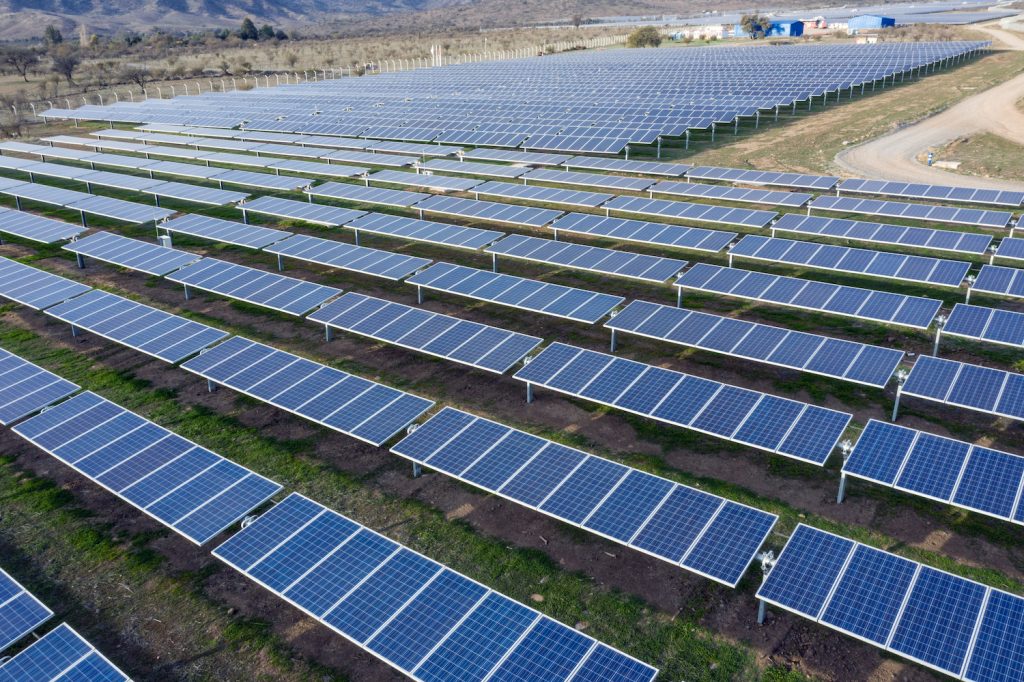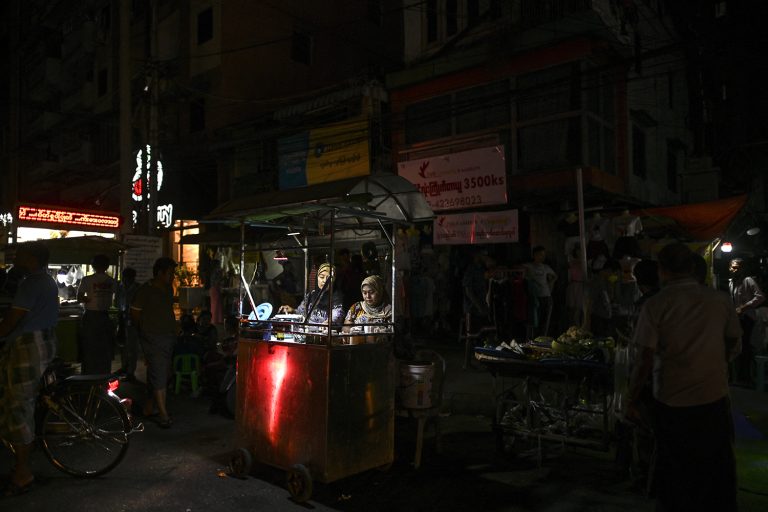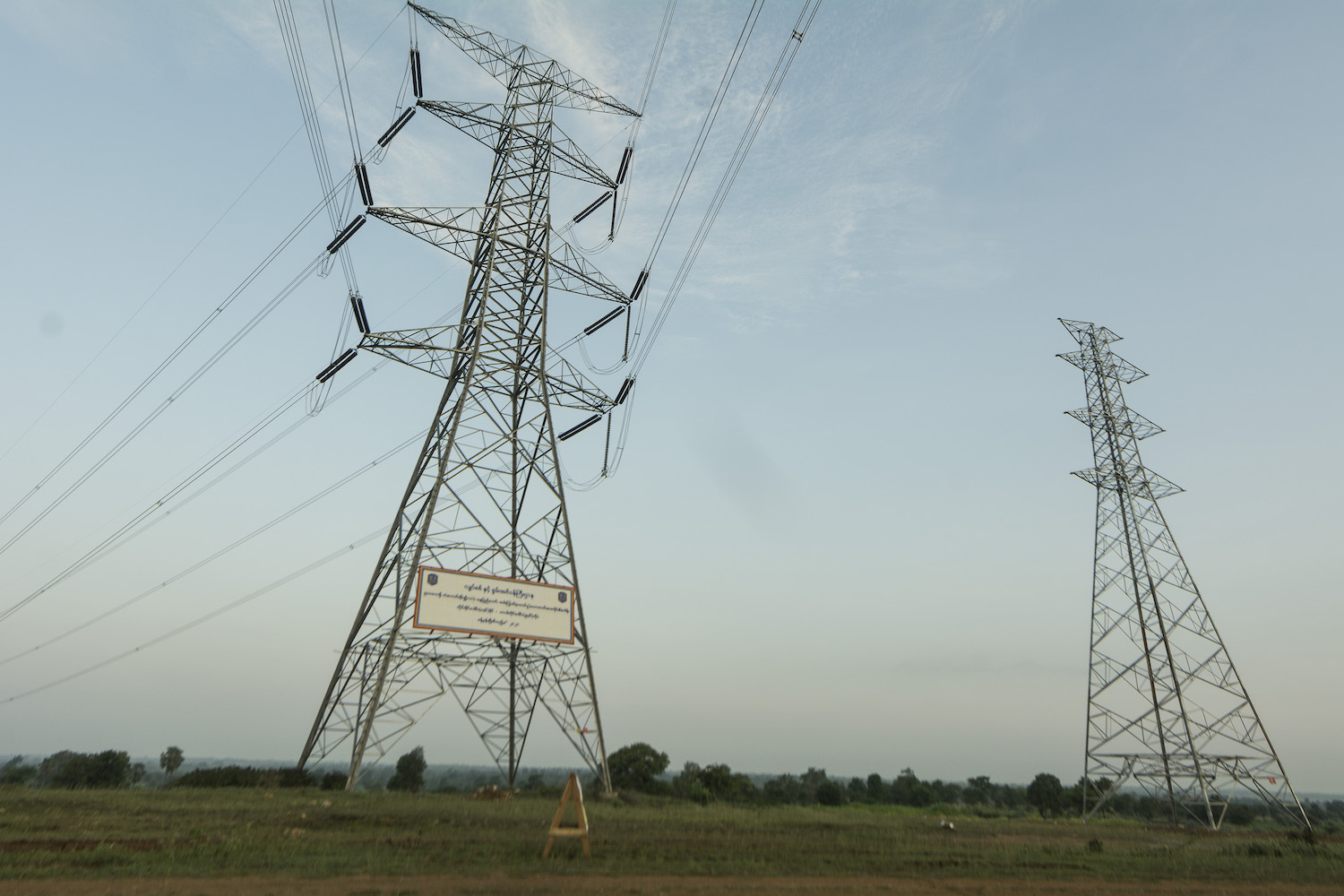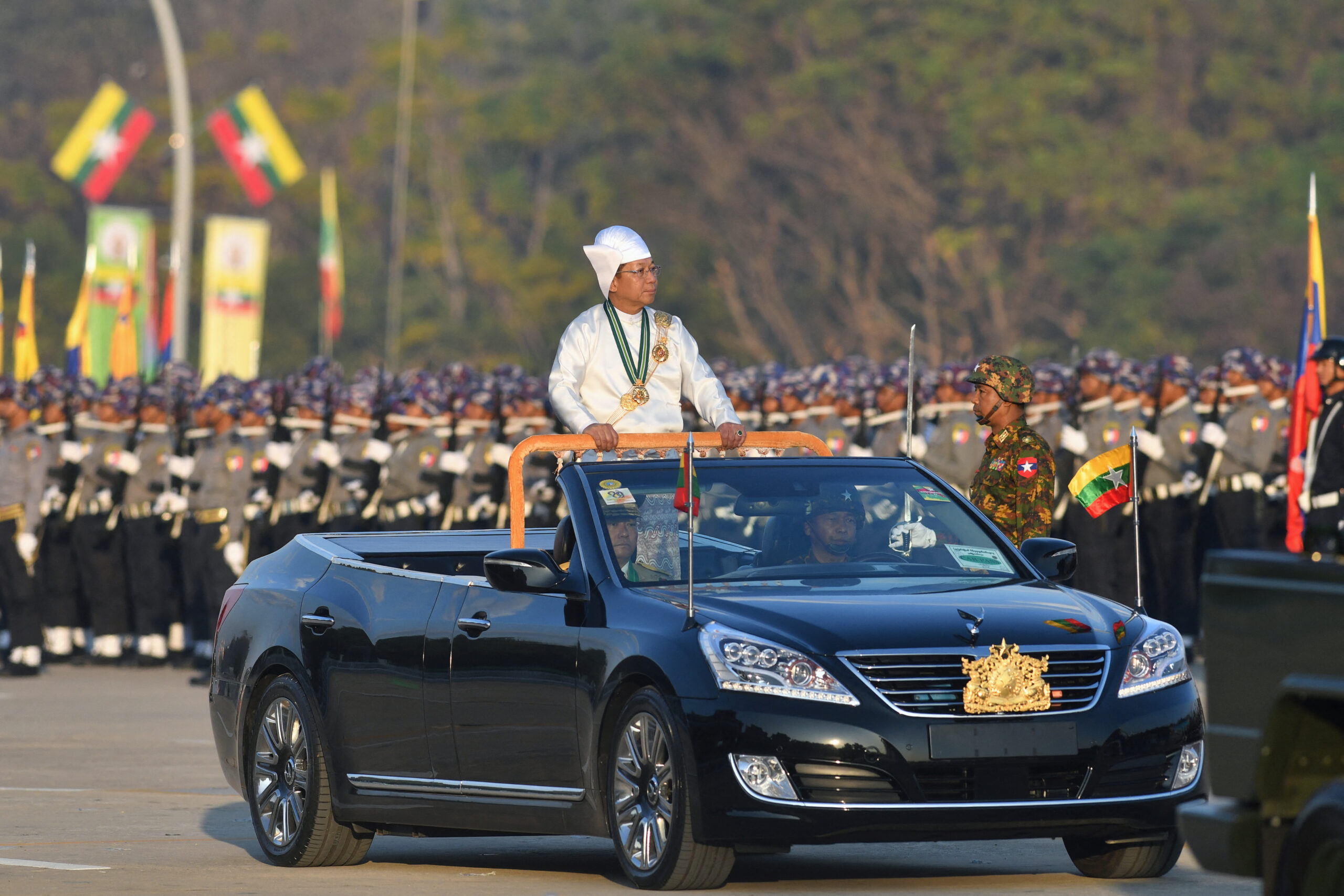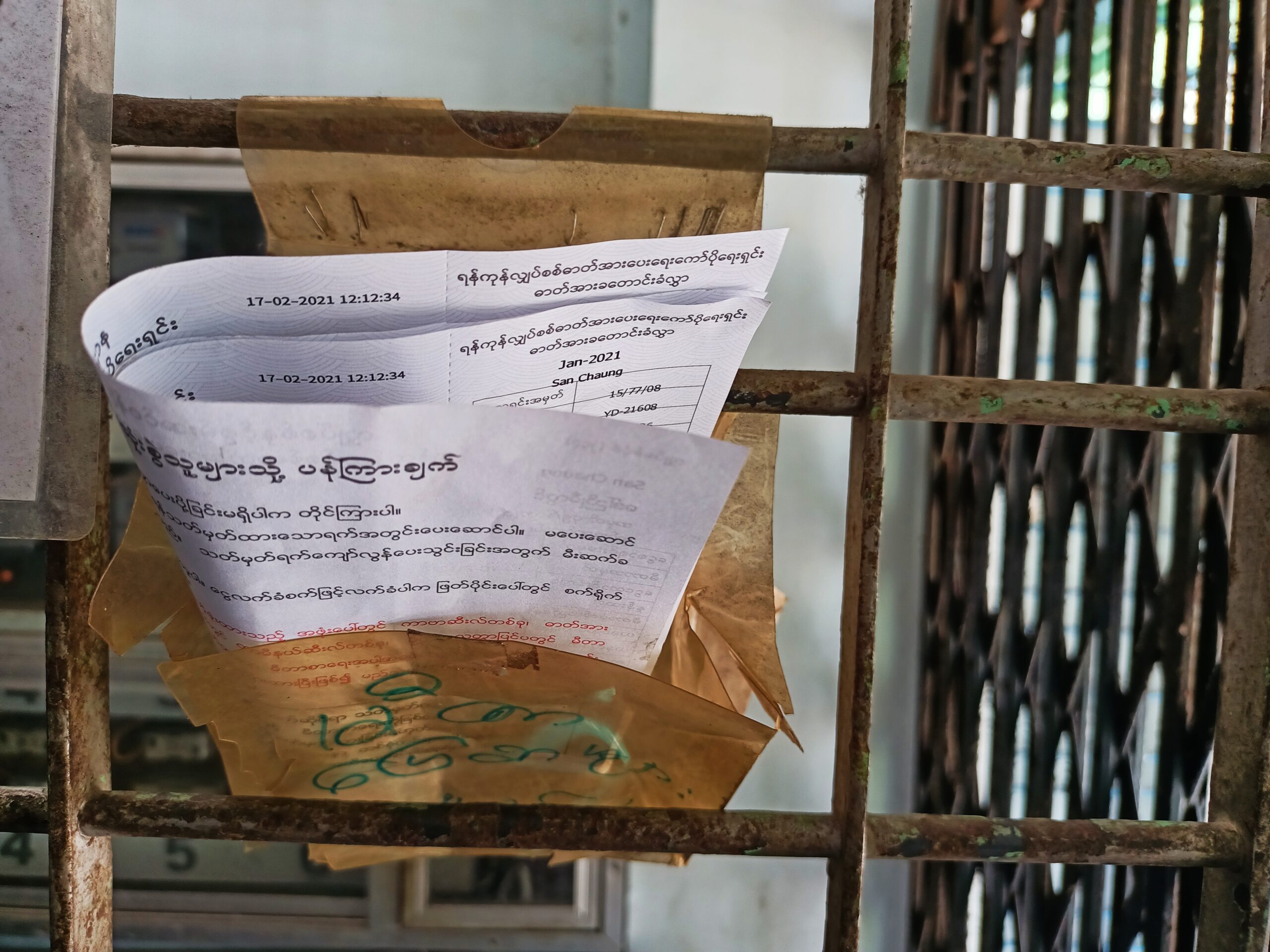The extension of a deadline for a long-awaited tender for on-grid solar power from one to two months is unlikely to mute criticism about its tricky terms.
By THOMAS KEAN | FRONTIER
The Ministry of Electricity and Energy has responded to criticism over its controversial 1060-megawatt solar power tender, extending the bid deadline by a month to give bidders more time to prepare proposals.
Announced on May 18, the potentially billion-dollar tender for 30 sites across the country on 20-year contracts originally set a June 18 deadline for bids.
The tight deadline prompted an outcry from potential investors and warnings that the government would end up paying more for power, particularly as tender rules require bidders to show evidence of having secured land when they submit their proposals.
Given COVID-19-related restrictions on domestic and international travel makes it almost impossible to visit any of the sites, the one-month window effectively ruled out companies or consortiums that did not already have land near the proposed sites.
The extension notice, published in the Global New Light of Myanmar on June 3, pushes back the deadline to July 17, giving investors two months in total to prepare a bid.
It represents a surprising backtrack for the ministry and its Electric Power Generation Enterprise, which had previously indicated it was not considering an extension. In a clarification document shared on May 29 with companies that had purchased tender documents, it responded to numerous requests for an extension by saying: “At the moment, EPGE does not consider any extension of Bid Submission Date.”
In a meeting with foreign business chambers on May 29, Minister for Investment and Foreign Economic Relations U Thaung Tun also seemed to endorse the tender, saying that the government “wanted to proceed with that quite fast” to expedite investment and stimulate the economy, which has been badly affected by COVID-19.
The extension of the bid deadline is unlikely to mute the criticism, however.
While welcoming the extension and the solar tender more broadly, American Chamber of Commerce president U Khin Maung Win said the chamber remained “concerned” about the timeline, which it considered still too short.
“We encourage the ministry to revise the timeline for this opportunity so that investors can prepare their bids to the best of their ability, and provide Myanmar with the best possible solutions, and conduct proper due diligence to engage on this tender,” he said.
Mr Nishant Choudhary, a partner at the Myanmar office of legal advisory firm DFDL, said it was a “welcome move” that should encourage prospective bidders who have already been considering investing in the country. However, he contrasted it with the tender for 1,000MW of solar that Malaysia announced on May 29, which set a three-month deadline. “Ideally, the time frame for bidding should be that long,” he said.
In previous tenders Malaysia has given investors six months but this was halved in order to provide a quick boost to the economy, the government said.
PPA DOA?
The other important contrast with the Malaysia tender is in regards to project documents. Malaysia has already conducted three large solar power tenders and proven the bankability of its project documents, particularly the power purchase agreement. The PPAs have been vital to bidders’ ability to tap international financing.
But the draft PPA for the Myanmar tender contains numerous problems, many of which were highlighted repeatedly in the clarification document the EPGE sent to potential bidders on May 29.
These problems range from a 180-day deadline for commencing power generation – in contrast to the three years on offer in Malaysia – to potentially heavy fines for fluctuations in power that are inherent in most solar power projects (for example, when a cloud passes over the site).
Most of the requests for changes were answered in the clarification document with “EPGE cannot accept”, “It will discuss in PPA negotiation” or even just “No”.
One industry source said it would be difficult to access international financing for projects the way Myanmar’s draft PPA is currently structured.
The source also said the proposed fines in the draft PPA were “very expensive” and companies would factor this into their bid price, which would in turn push up the cost to the government.
The PPA proposes damages of US$7,000 every time power generation fluctuates more than 30 percent from the agreed amount for 30 minutes or more. If the fluctuation results in a breakdown of the EPGE system, the investor can be fined $30,000 on each occasion. Fines are capped at $500,000 a year, or $10 million over the life of the 20-year contract.


